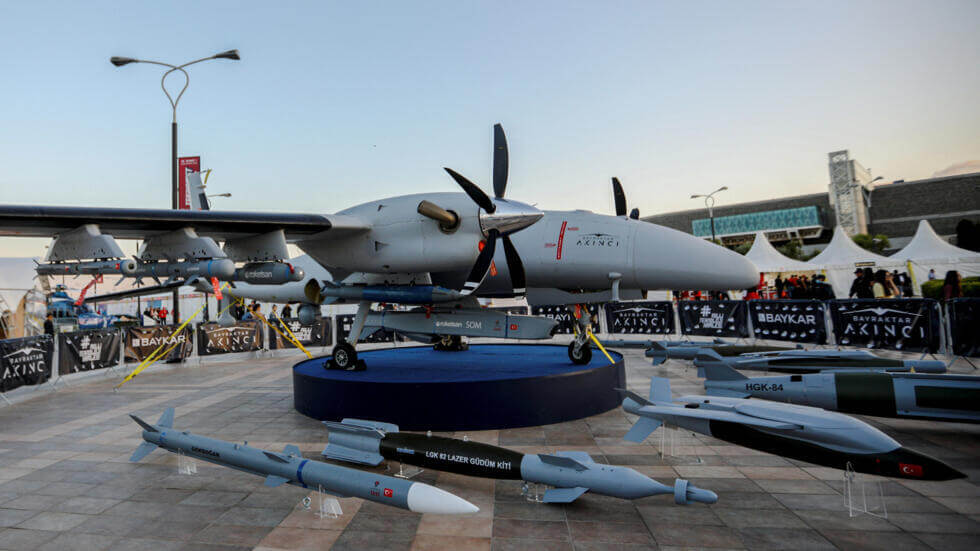|
LISTEN TO THIS THE AFRICANA VOICE ARTICLE NOW
Getting your Trinity Audio player ready...
|
Tensions between Algeria and Mali reached a boiling point Monday, April 7, 2025, as both countries abruptly closed their airspace to one another’s flights. The diplomatic fallout between the two Northern Africa nations stems from the recent downing of a drone near their shared border, an incident that has laid bare deepening mistrust and longstanding grievances.
The dispute erupted last week when Algerian forces shot down what they described as an “armed reconnaissance drone” near the strategic border town of Tinzaoutin, a hotspot in Mali’s northern region where separatist Tuareg rebels maintain a strong presence. Algeria claimed the aircraft had violated its airspace, penetrating two kilometers into its territory before returning on what officials termed “an attack trajectory.”
Mali, however, sharply contested this version of events, asserting that the drone was operating well within its sovereign territory and that the wreckage was discovered 9.5 kilometers inside Mali’s borders. In a fiery statement issued on Sunday, Mali’s foreign ministry condemned the drone’s destruction as a “hostile, premeditated action,” and went further to accuse Algeria, without offering evidence, of being a “sponsor and exporter of terrorism.”
These explosive allegations prompted swift and stern rebukes from Algiers. Algerian authorities dismissed Mali’s claims as baseless and unworthy of serious attention, expressing “deep dismay” at what they viewed as a deliberate attempt by Bamako to deflect from internal failures in handling its complex security landscape.
The drone incident has quickly snowballed into a full-blown diplomatic standoff. Algeria was the first to retaliate by barring Malian aircraft from its airspace. Shortly after, Mali mirrored the move in what it described as a reciprocal measure, extending the ban to all Algerian flights.
The diplomatic fallout didn’t stop there. Mali, along with its regional allies Niger and Burkina Faso, who together form the Alliance of Sahel States (AES), a bloc of military-led governments, jointly condemned Algeria’s actions. They claimed the drone was engaged in a counter-terrorism mission targeting armed groups planning attacks against the AES. The three countries also recalled their ambassadors from Algiers in protest.
Mali has since summoned the Algerian ambassador in Bamako and pledged to escalate the matter to international forums. It also announced its withdrawal from a regional security mechanism that includes Algeria, further underscoring the depth of the rift.
The crisis comes amid deteriorating relations between the two neighbors, once bound by a cooperative security framework. Algeria had long played a mediating role in Mali’s fraught northern conflict, particularly during earlier phases of negotiations with Tuareg separatists. However, ties have grown increasingly strained since 2020, when a military junta seized power in Bamako, shifting Mali’s foreign policy and security alliances.
In recent months, Mali has repeatedly accused Algeria of harboring rebel factions, especially Tuareg fighters, a claim Algiers has consistently denied. These allegations have further complicated efforts to stabilize the Sahel, a region plagued by jihadist insurgencies, separatist rebellions, and cross-border arms smuggling.
Algeria, for its part, has responded by bolstering troop deployments along its southern frontier, aiming to prevent the infiltration of extremist militants from Mali and other volatile parts of West Africa. Officials in Algiers say the latest drone incursion was the third airspace violation by Mali in recent months.











LEAVE A COMMENT
You must be logged in to post a comment.